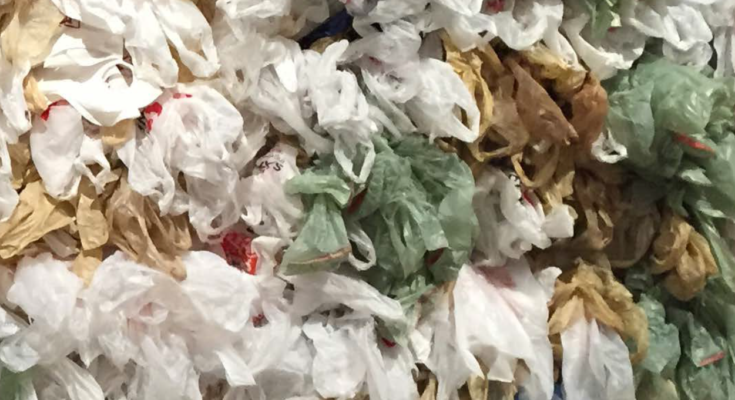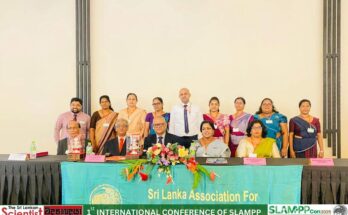The Cabinet of Ministers of the Sri Lankan Parliament, on 19th October approved the proposal to ban a range of single use plastic products in Sri Lankan markets. The ban will be effective from 1st January 2021 and include following items.
According to the cabinet decision the following items are to banned from next January 1st onward,
- Chemicals or pesticides packaged in Poly Ethylene Terephthalate (PET) and Vinyl Chloride (PVC) containers
- Sachets made of polythene and plastic less than 20 ml / 20 g (excluding food and medicine)
- Various inflatable toys made of plastic (excluding balloons, balls and floating toys)
- Plastic cotton buds (excluding hygiene products)
At the same time the cabinet proposes few alternatives that can be used when the ban become effective,
Single Use Plastics, one of the main culprits behind the environmental pollution
Single use plastics are the goods that are made from fossil fuel based plastics and are meant to dispose right after use. Most often many single use plastic products are used for just a fraction of time and away. Many single use plastic products are used as food packages, and service-ware including cups, plates and bags. Due to the non degradable nature of these products accumulation of single use plastic items in many sensitive places in our environment have become a major problem causing widespread damages to our ecosystems. Especially the marine environment have become one of the badly effected which has been very rarely effected by other pollutants.

Even though plastic was invented during mid 19th century, it was during 1970s it became popular as a durable and affordable alternative to many products that were in use. Since 1950s around 8.3 billion metric tons of plastic have been manufactured and have been in use. More than half of this total plastic production have been done during the last 15 year period.
Currently we produce more than 300 million tons of plastic each year and half of that are single use products.
Already Banned in Many Countries

Given the adverse affect of the plastic use to the global environment many countries around the globe have come forward to reduce the plastic use by imposing bans in different levels. The table below shows how those different action can act to reduce the plastic use.

Earlier in 2017 the Sri Lankan government issued the special Gazette 2034 which banned the use and sale of polythene with a thickness below 20 micrones. But the government seems failed in enforcing this ban properly as they have been unable to introduce fines or take actions against those who disobey the law. So the government and authorities like the central environment authority has a major responsibility in enforcing these laws making sure these become effective in minimizing the damage caused by plastics. On the other hand as citizens we also have a role to play in reducing the use of single use plastics in our day to day lives.





One Comment on “Sri Lanka to Ban a Range of Single Use Plastic Products by 2021”